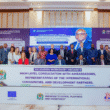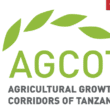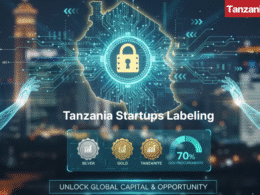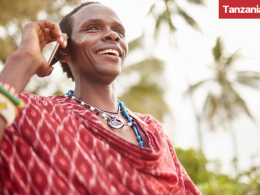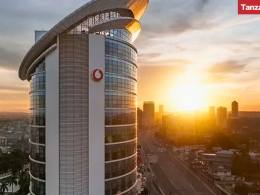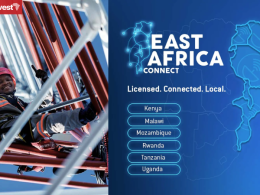The worldwide mobile operators association GSMA recently published a report on the currents state of the mobile sector in Tanzania, suggesting that the impact of high taxation is hindering its growth.
Titled “Tanzania: Driving social and economic value through mobile-sector tax reform“, the report highlights that the tax contribution of the mobile sector in Tanzania is considerably higher than the average for Sub-Saharan Africa and also above other regional averages, and this could limit the country’s transition to a digital economy.
Taxation of Mobile Revenues in Tanzania
In 2019, mobile market revenues were estimated at USD 1.1 billion (TZS 2,703 billion), accounting for 1.9% of Tanzania’s GDP.
In the same year, the total tax contribution of the mobile sector was estimated at USD 404 million (TZS 932 billion), about 34% of total market revenue.
This is well above the level of other regions, including Sub-Saharan Africa (26%). Furthermore, the tax contribution increases to 38% of revenue when withholding taxes are included.
This high tax contribution is driven by the high level of sector-specific taxes (18% of revenue) and by excise duty on mobile airtime in particular. In addition to VAT (18%), mobile services are subject to the second-highest excise duty on mobile services (17%) in Sub-Saharan Africa.
In addition, consumer taxes represent a significant share (32%) of the cost of mobile services. This is higher than the average share of consumer taxes in Sub-Saharan Africa (22%).
The high level of consumer sector-specific taxes raises the affordability barrier, disproportionately impacting low-income households, and while mobile coverage has expanded in the past years, about 28 million Tanzanians (48% of the population) live within the footprint of mobile broadband but do not use it (2019).
Reforming sector-specific taxes (consumer- and mobile operator-facing) could unlock investment in mobile networks and improve affordability, driving mobile adoption and unleashing the economic potential of the sector.
Impact of Lower Taxation of Mobile on Tanzania GDP and Economic Sectors
The study stresses that tax reform in the mobile sector would trigger a substantial growth in mobile penetration and lead to an increase in GDP, household incomes, employment, and investment across the economy.
The growth in mobile penetration would increase the usage and migration to new technologies, particularly among low-income groups.
This, in turn, would accelerate the adoption and usage of digital services, transforming key sectors of the economy such as health and agriculture or digital government services.
For example, reducing the excise duty on mobile airtime from 17% to 12% would increase mobile penetration by 2.4 million unique subscribers (3.6%), increase government revenue by USD 58 million per annum and boost GDP by USD 438 million, five years after the tax reform.
And due to the expansion of the mobile sector and the subsequent growth in the wider economy, government revenues would increase.
Tanzania Mobile Sector
Tanzania has a population of 58 million and a total of 51 million mobile network subscriptions at the end of 2020.
However, given that hat most subscribers have more than one Sim card, the number of unique subscribers was 25 million with a unique-subscriber penetration of 41%, and a unique-subscriber mobile internet penetration of 18%.
There are eight mobile network operators (MNOs) in Tanzania: Vodacom (30.5% market share), Airtel (27%), Tigo (25.4%), Halotel (13.3%), Zantel (2%), TTCL (1.7%), and Smile (0.02%).
British technology research firm Cable estimates that the average cost of one mobile gigabyte (1GB) in Tanzania is USD 0.75, making the country the 32nd cheapest in the world, and the cheapest in East Africa.


